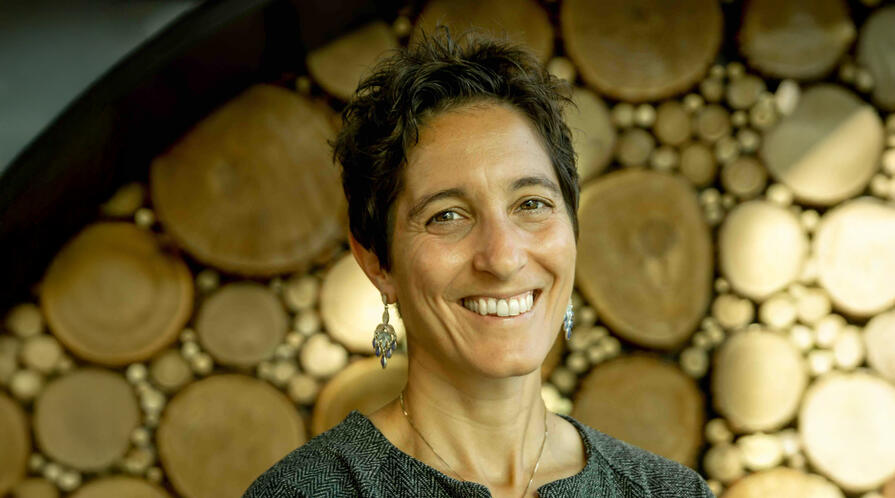This book is premised on the understanding that women’s inclusion in constitutional politics is critical for our equality. In the present political context, particularly Muslim contexts, it is imperative to promote women’s equality both in law and in practice, so that women can move closer towards equality. Utilising a feminist constitutionalist approach, this book highlights the impact of women’s historical underrepresentation in constitutional drafting processes and discussions across the globe, as well as recent feminist interventions to address legislative processes that consider women’s needs and interests. It reflects on the role of Islam in politics and governance, and the varied ways in which Muslim-majority countries, as well as Muslim-minority countries, have sought to define women’s citizenship rights, personal freedoms, and human rights from within or outside of a religious framework. Recognising the importance of Constitutions for the recognition, enforcement and protection of women’s rights, this book explores how women seek justice, equality, and political inclusion in their diverse Muslim contexts.
The book advocates for more inclusive constitutional drafting processes that also consider diverse cultural contexts, political history, and legal and institutional developments from a gendered lens. Tracing the ways in which women are empowered and exercise agency, insist on inclusion and representation in politics and seek to enshrine their rights, the contributing authors present case studies of Afghanistan, Algeria, India, Iran, Morocco, Sudan, and Tunisia. Positioned at the crossroads of secular and religious legal forces, the book situates women’s rights at the centre of debates surrounding constitutional rights guarantees, gender equality, and religious rules and norms. The contributors offer a range of disciplinary approaches and perspectives that illustrate the richness and complexity of this field. The dominant emergent themes that each contributor tackles in considering how women’s rights impact, and are, in turn, impacted by Constitutions, are those of critical junctures such as revolutions or regime change which provide the impetus and opportunity for women’s rights advocates to push for greater equality; the tension between religion and women’s rights, where women’s legal disadvantage is justified in the name of religion, and finally, the recognition of the important role women’s movements play in advocating and organizing for equality. While much has been written about the constitutional processes of the past decade across the Muslim world as a result of pro-democratic uprisings, revolutions, and even regime change, most of such analyses lack a gendered lens, disregard women’s perspectives and fail adequately to acknowledge the significant role of women in constitutional moments. Even less has been written about the importance of constitutionalizing women’s equality rights in Muslim contexts. This edited volume is an effort to fill this gap in the literature. It will appeal to a broad range of scholars, students and activists in the areas of Muslim constitutionalism, feminist constitutionalism, Muslim law and society, gender studies, anthropology, and political science, religious studies and area studies.
EDITORS:
Dr. Vrinda Narain is Associate Professor at the Faculty of Law, McGill University, Canada, and Research Fellow, Research Directorate, University of the Free State, South Africa. Professor Narain’s research and teaching focus on constitutional law, social diversity and feminist legal theory. She is the author of two books: Reclaiming the Nation: Muslim Women and the Law in India (University of Toronto Press, 2008) and Gender and Community: Muslim Women's Rights in India (University of Toronto Press, 2001). She was Associate Dean, Academic, at the Faculty of Law from 2016 to 2019. She is a Board Member of the transnational research and solidarity network, Women Living Under Muslim Laws (WLUML), Member of the National Steering Committee of the National Association of Women and the Law (NAWL), Canada, and the President of the South Asian Women’s Community Centre (SAWCC) in Montreal.
Mona Tajali is a scholar of gender and politics in Muslim countries, with a focus on Iran, Turkey, and Afghanistan. She is the author of Women’s Political Representation in Iran and Turkey: Demanding a Seat at the Table (EUP 2022), and co-author of Electoral Politics: Making Quotas Work for Women (WLUML 2011) with Homa Hoodfar. She serves as executive board member of the transnational feminist solidarity network Women Living Under Muslim Laws (WLUML), and is currently the director of research of WLUML’s multi-sited Women and Politics project and its Transformative Feminist Leadership Institute. She is an associate professor of International Relations and Women’s Studies at Agnes Scott College, where she helped found the Middle East Studies Program and directed the Human Rights Program. She is currently researching institutionalization of women’s rights in Iran and Afghanistan at Stanford University’s Center for Democracy, Development and Rule of Law (CDDRL) as a visiting scholar.
















